There is no way of doing it cleanly in the current version of gtest. I looked at the code, and the only text output (wrapped in gtest "Messages") is shown if you fail a test.
However, at some point, gtest starts printf'ing to the screen, and you can leverage the level above that to get colors that are platform independent.
Here's a hacked macro to do what you want. This uses the gtest internal text coloring. Of course the internal:: namespace should be sounding off warning bells, but hey, it works.
Usage:
TEST(pa_acq,Foo)
{
// C style
PRINTF("Hello world \n");
// or C++ style
TEST_COUT << "Hello world" << std::endl;
}
Output:

Code:
namespace testing
{
namespace internal
{
enum GTestColor {
COLOR_DEFAULT,
COLOR_RED,
COLOR_GREEN,
COLOR_YELLOW
};
extern void ColoredPrintf(GTestColor color, const char* fmt, ...);
}
}
#define PRINTF(...) do { testing::internal::ColoredPrintf(testing::internal::COLOR_GREEN, "[ ] "); testing::internal::ColoredPrintf(testing::internal::COLOR_YELLOW, __VA_ARGS__); } while(0)
// C++ stream interface
class TestCout : public std::stringstream
{
public:
~TestCout()
{
PRINTF("%s",str().c_str());
}
};
#define TEST_COUT TestCout()

